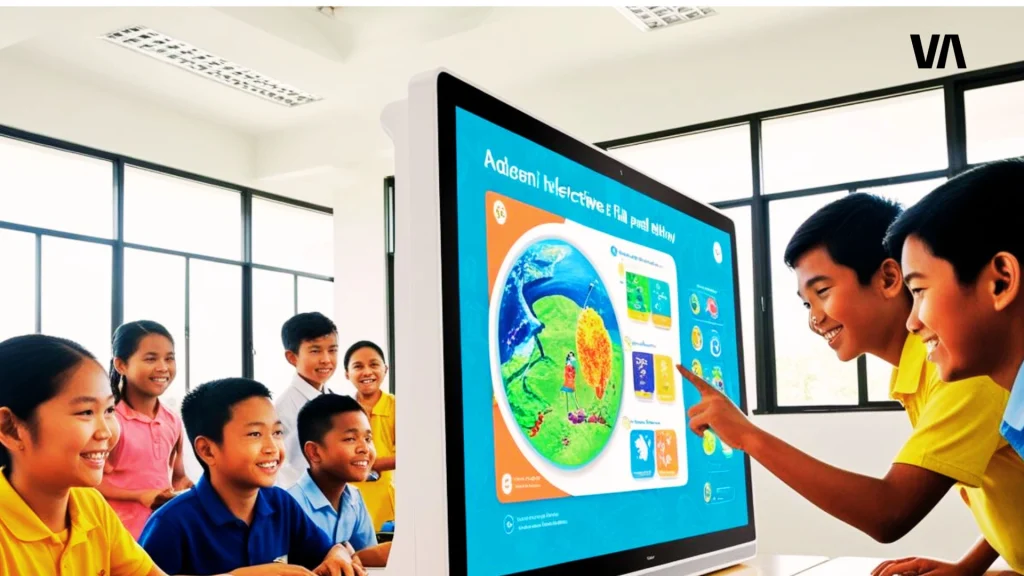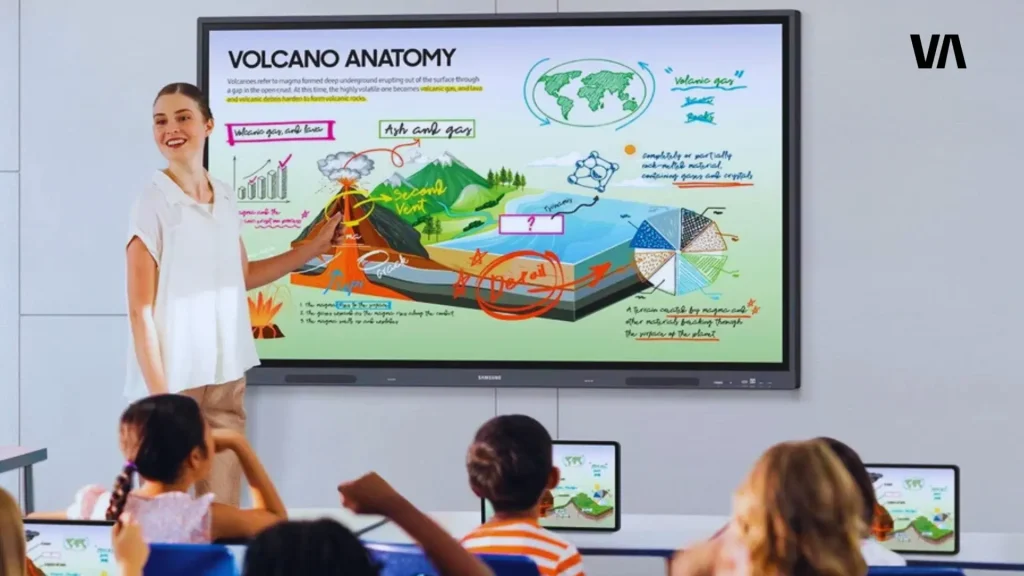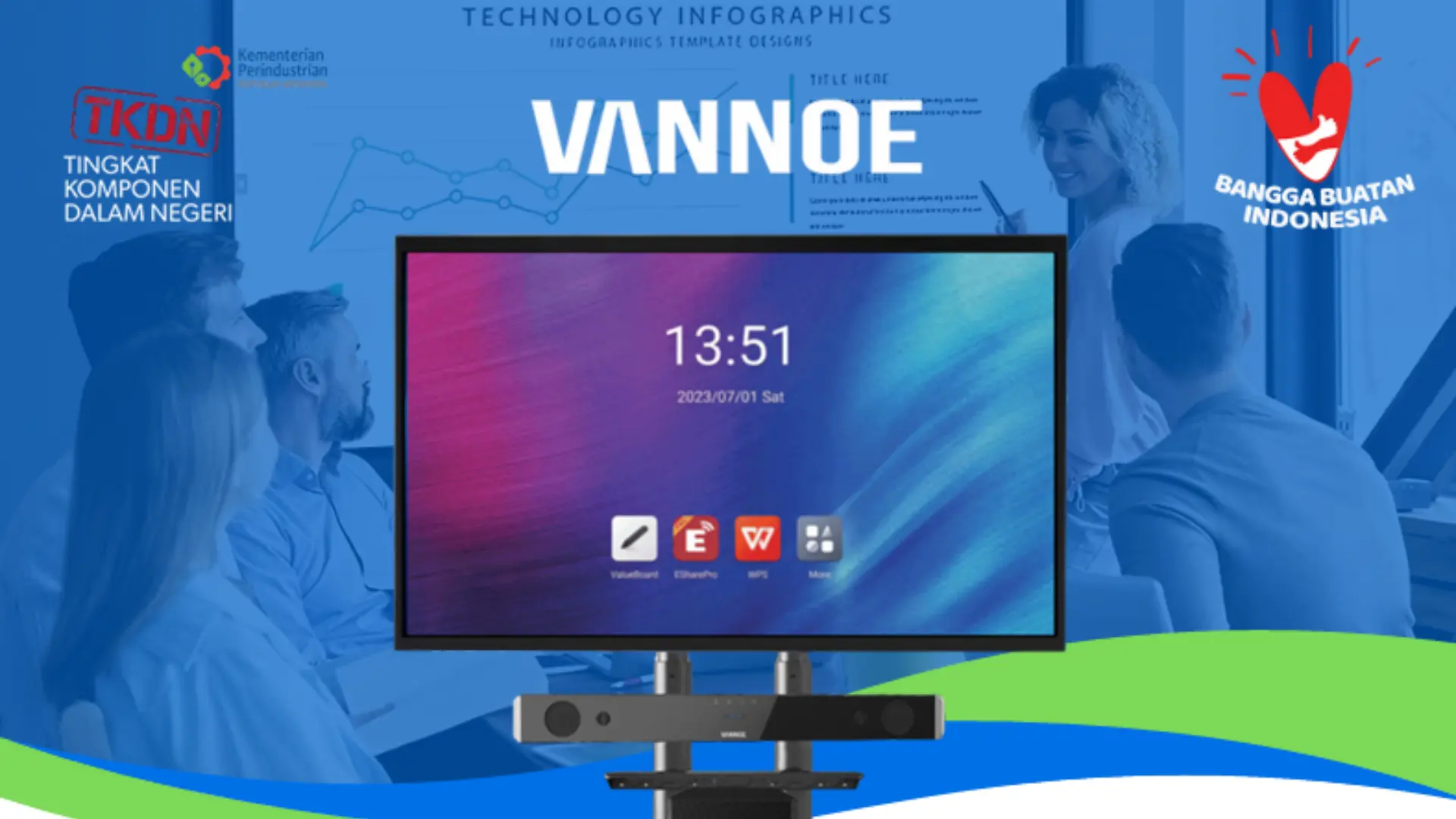In the rapidly evolving digital era, many local and international technology companies compete to introduce the latest innovations in Indonesia. However, most technology products still rely heavily on imported components, limiting the growth of the local industry. This is why the question “Why TKDN Matters in Technology Products in Indonesia” is highly relevant for business players, educational institutions, and technology consumers.
Implementing TKDN encourages companies to use more locally made components in their products. As a result, the local industry gains real momentum to grow, improve product quality, and reduce dependency on imports. This regulation directly stimulates innovation and investment in the technology sector.
Moreover, TKDN helps create a more sustainable industrial ecosystem. Every purchase of a product with a high TKDN percentage supports local labor, strengthens national supply chains, and raises consumer awareness to choose Indonesian-made products. This explains why TKDN matters in technology products in Indonesia.
Why TKDN Matters in Technology Products in Indonesia

Read Also: Interactive Flat Panel Display: The Smart Touchscreen Innovation for Education and Business
What is TKDN and Why It Matters for Local Industry
TKDN, or Tingkat Komponen Dalam Negeri, measures the percentage of local components used in a product. The higher the TKDN, the greater the contribution of Indonesian-made components in that product. The government sets TKDN not merely as an administrative number but as a national strategy to strengthen local industry.
TKDN regulations, managed by the Ministry of Industry and through various government procurement rules, provide incentives for local manufacturers while limiting the dominance of imported products. Companies that comply with TKDN standards can participate in government projects and increase the competitiveness of local products in the global market.
Benefits of TKDN for the Economy and Industry
Implementing TKDN produces tangible impacts on the national economy and industry.
-
Encouraging Industrial Independence
Indonesian manufacturers are motivated to develop their own technologies and innovations by using local components. This creates opportunities for electronics, display, and digital device industries to compete globally. -
Increasing Employment Opportunities
The more local components are used, the more workers are absorbed in production, assembly, and distribution. TKDN directly generates jobs and reduces dependence on foreign labor. -
Boosting the Local Economy
Products with high TKDN keep more added value in the country, from raw materials to distribution. This supports the growth of local industries and increases GDP contribution.
TKDN in Modern Technology Products
TKDN now applies not only to consumer gadgets or electronics but also to interactive flat panels, digital signage, and videotrons. For example, Vannoe, a local interactive display manufacturer, ensures that its products meet the TKDN percentage set by the government. This makes Vannoe a choice for advanced technology while supporting local industry and Indonesia’s technological independence.
Additionally, Vannoe consistently delivers Interactive Flat Panels that meet TKDN requirements, making each device not only advanced but also supportive of the local technology sector. Schools, offices, and government institutions using these products gain high performance with UHD features, multi-touch capabilities, and dual operating systems (Android + Windows OPS), while contributing directly to the national economy through the use of local components.
Using Vannoe Interactive Flat Panels also ensures more effective hybrid learning implementation. Teachers can deliver material interactively, students can participate more easily, and the entire learning process becomes more focused. This proves that TKDN-certified local products can compete with global brands while helping Indonesia develop a self-sufficient and sustainable educational technology ecosystem.

Read Also: How to Use an Interactive Flat Panel for Education, Business & Digital Collaboration
Positive Impacts of TKDN for Schools, Companies, and Government Institutions
-
Schools and Educational Institutions
Schools that adopt Interactive Flat Panels with high TKDN improve the quality of hybrid learning. Students stay more focused, teachers deliver lessons more efficiently, and the devices integrate seamlessly with modern digital curricula. -
Companies and Offices
Digital signage and interactive panels with high TKDN simplify internal communication and business presentations. These devices also demonstrate a company’s commitment to local products and national innovation. -
Government Institutions
Meeting TKDN requirements is a critical condition in government procurement. TKDN-certified products, such as videotrons or digital signage, make tender processes and digital infrastructure project implementation smoother.
Conclusion
TKDN is not just a regulatory number; it is a national strategy to promote independence, innovation, and economic growth in Indonesia. Choosing local technology products that meet TKDN standards, such as Vannoe Interactive Flat Panels, Digital Signage, and Videotrons, allows users to access advanced technology while contributing to the domestic industry.
Understanding TKDN ensures that every technology purchase not only fulfills functional needs but also supports local industry growth and Indonesia’s global competitiveness. Vannoe demonstrates that high-quality local products with TKDN can compete with global brands while supporting modern educational and business technology ecosystems.

